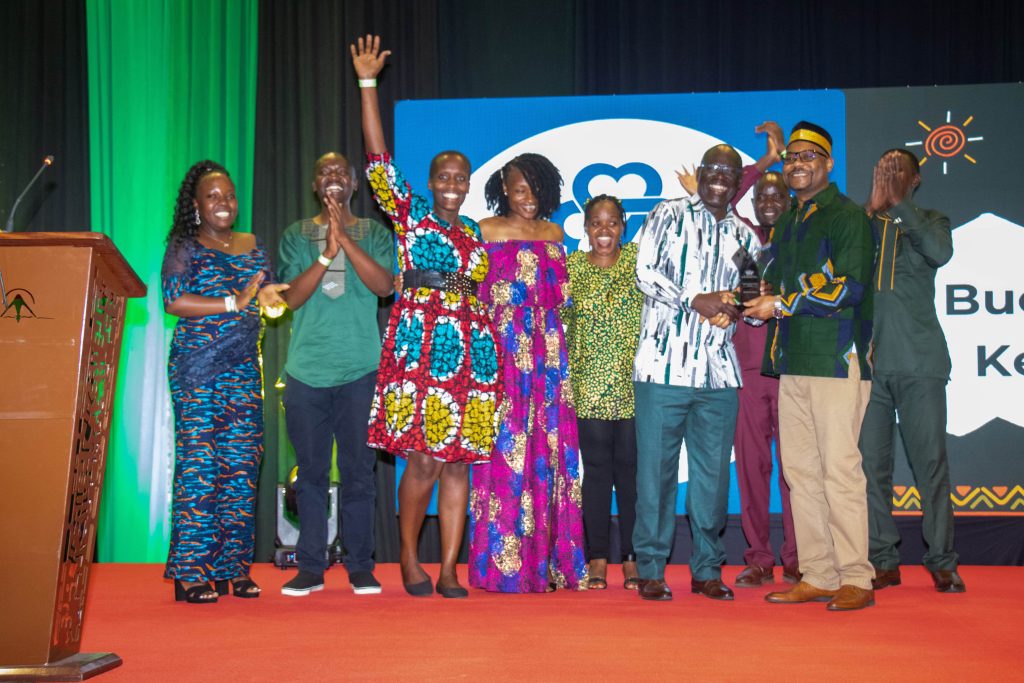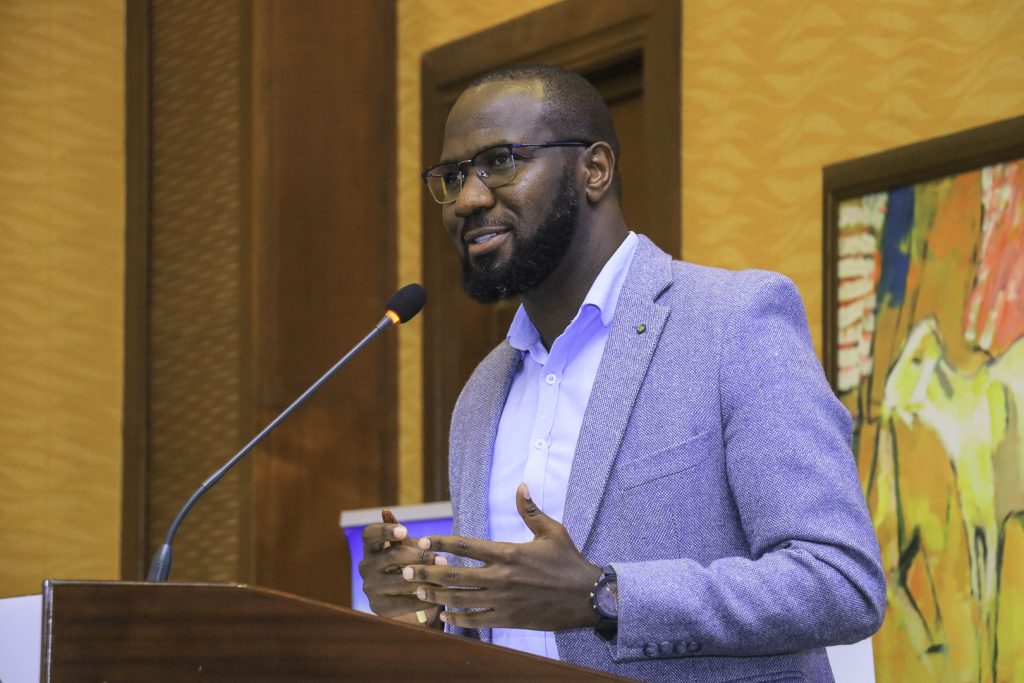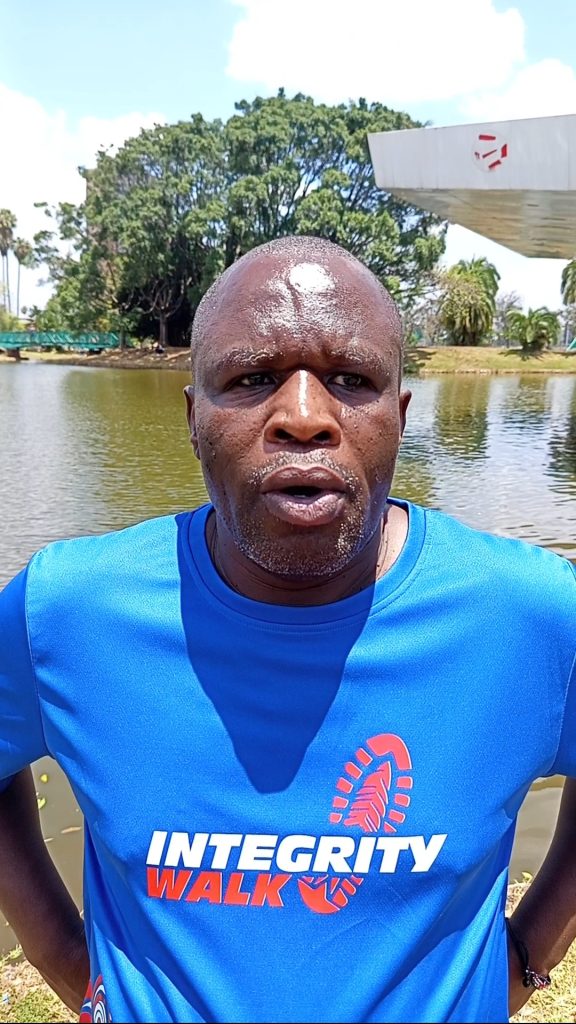By Wahome Ngatia
In a landmark move announced today, Amref Health Africa and Jiji Health have signed a Memorandum of Understanding (MoU) to revolutionize healthcare delivery in Kenya through digital innovation, blood services, and professional development. The partnership promises to deepen impact for millions across the region.
Who are the players?
Amref Health Africa — founded in 1957 as the Flying Doctors of East Africa — is the continent’s largest health non-profit. Operating in over 30 countries, it delivers care and training to more than 10 million people annually. Amref is known for embedding services at the grassroots, scaling initiatives like oxygen supply plants, maternal-health campaigns, community health networks, and pioneering Kenya’s Electronic Community Health Information System.
Jiji Health, established in Nairobi in 2019, is an ambitious health-tech startup behind platforms like Rafiki360 (a hospital management information system) and Damu Sasa (a national blood-management system) . These tools use AI to streamline operations—handling everything from patient registration and lab data to tracking blood units and facilitating e-learning.
Synergy at work
The MoU centers on integrating Jiji’s digital platforms with Amref’s extensive ecosystem. Among its goals are:
- Digitizing service delivery — clinics and mobile teams will gain access to Rafiki 360, enabling real-time patient data, lab integrations, and AI-powered alerts.
- Expanding CPD learning — healthcare professionals can earn accredited training online via Bydii.
- Strengthening blood logistics — Damu Sasa will be scaled to enhance donor relations, inventory control, and transfusion tracking.
- Driving joint innovation — shared data will inform new digital health solutions from diagnostics to supply chain management.
Why this matters
- Faster, safer care: Linking frontline caregivers to centralized hospital data means vital patient info and alerts are no longer delayed.
- Reliable blood supply: Damu Sasa has already matched over 35,000 donors and protected 2,500 units from expiration. Scaling it further could save thousands more lives.
- Empowered workforce: Online, accredited training reduces barriers to Continuous Professional Development, particularly for rural and mid-level health workers.
- Data-driven systems: Kenya recently passed a Digital Health Act aiming for interoperable national records. This MoU actively accelerates that vision for integrated healthcare.
- Aligned to UHC: Both organizations are pulling in the same direction as Kenya’s Universal Health Coverage goals, reinforcing primary care and community empowerment
In their own words
An Amref official remarked, “This collaboration will have a significant, people‑centred impact across Kenya and the region.” Meanwhile from Jiji Health’s leadership: “By harnessing innovation and AI, we improve patient care, reduce operational inefficiencies, and support data‑driven decision‑making”.
Looking ahead
For NGOs and professionals, the MoU serves as a blueprint for modern health partnerships:
- Scalable tech meets grassroots reach: Startups bring agility; NGOs bring trust and local networks.
- Public–private coordination: Data sharing and blended training models reinforce national health policy.
- Visible impact: Effectiveness can be tracked—fewer blood shortages, more trained staff, healthier communities.
Still, challenges persist—embedding new tech in overburdened systems, maintaining reliable internet access, and training staff to adopt digital tools. Yet, Kenya’s success with e‑CHIS and Amref’s track record suggest this partnership products results.
This MoU exemplifies a vital shift: a commitment to turning digital promise into everyday healthcare improvements. For NGOs and health professionals, it shows that when community-rooted organizations embrace technology partnerships, equity and innovation can walk hand in hand.













